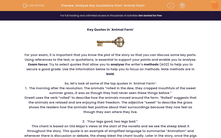Key Quotes in 'Animal Farm'
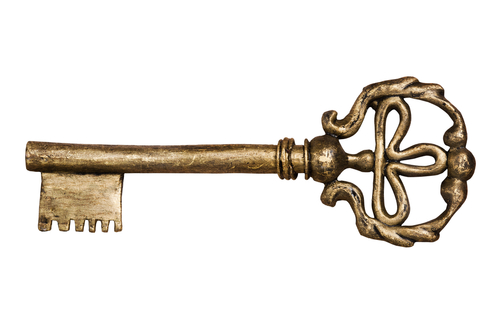
For your exam, it is important that you know the plot of the story so that you can discuss some key parts. Using references to the text, or quotations, is essential to support your points and enable you to analyse.
Exam focus: Try to select quotes that allow you to analyse the writer’s methods (AO2) to help you to secure a good grade. Use the information below to help you to focus on methods. Note methods are in bold.
So, let’s look at some of the top quotes in ‘Animal Farm’:
1. The morning after the revolution: The animals “rolled in the dew, they cropped mouthfuls of the sweet summer grass…it was as though they had never seen these things before.”
Orwell uses the verb “rolled” to describe how the animals moved around the farm. “Rolled” suggests that the animals are relaxed and are enjoying their freedom. The adjective “sweet” to describe the grass shows the readers how the animals feel positive about their surroundings because they now feel as though they own where they live.
2. “Four legs good, two legs bad.”
This chant is based on Old Major’s views at the start of the novella and we see the sheep bleat it throughout the story. This quote is an example of simplified language to summarise “Animalism” and whenever there is discussion or debate, the sheep bleat the chant loudly. Later in the story, once the pigs are able to walk on two legs, the chant is reversed to “four legs good, two legs better". The sheep still chant it but they don’t realise how the meaning has changed and how it also affects them.
.jpg)
3. The mystery of the missing milk is solved when Squealer states:
“Milk and apples (this has been proved by Science, comrades) contain substances absolutely necessary to the well-being of a pig. The whole management and organisation of this farm depend on us.”
Here is an example of Squealer’s persuasive language. In this extract, Squealer is trying to prevent any potential fighting over the missing milk so he uses facts and Science to support his manipulation, making it difficult for the animals to argue against what he says. He also uses emotive words such as “depend” to pretend that the pigs are simply trying to help the animals out when really they are taking from them.
4. Snowball’s escape is full of action: “nine enormous dogs wearing brass-studded collars came bounding into the barn. They dashed straight for Snowball, who only sprang from his place just in time to escape their snapping jaws.”
The adjective “enormous” to describe the “nine” dogs shows us how unfair Snowball’s treatment is. The verbs “bounding”, “dashed” and “snapping” make the scene sound dangerous and scary which leaves the reader feeling concern for Snowball at this point in the novella. This violent scene marks the start of Napoleon’s dictatorship.
5. “Squealer could turn black into white”
This quote highlights how persuasive Squealer is. He is so convincing that he is able to change the animals’ mindset, even when things seem obvious.
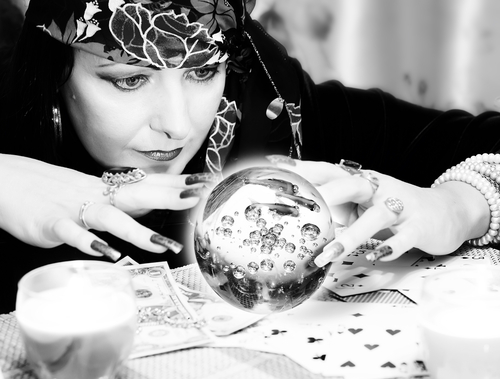
6. “I will work harder!”
Boxer is the most hard-working character in the novella and this catchphrase is repeated throughout the story. Boxer represents the view of many of the workers during the Russian revolution and his use of the modal verb “will” shows us how determined Boxer is and how desperately he wants socialism to succeed.
7. “No one believes more firmly than Comrade Napoleon that all animals are equal. He would be only too happy to let you make your decisions for yourselves. But sometimes you might make the wrong decisions, comrades, and then where should we be?”
Again, this is another example of Squealer’s ability to persuade. Here, he uses a rhetorical question to suggest that if the animals were in charge, they would make mistakes. Squealer convinces the animals that their power has been taken away to protect them which highlights Orwell’s message about the danger of propaganda
8. “All that year the animals worked like slaves.”
This simile compares the animals to “slaves.” It is worth noting that this description is written after the revolution when Mr Jones is no longer in charge. The noun ‘slaves’ presents the animals as controlled and owned which highlights how the animals are not living in a socialist state, but they are actually being led by a dictator.
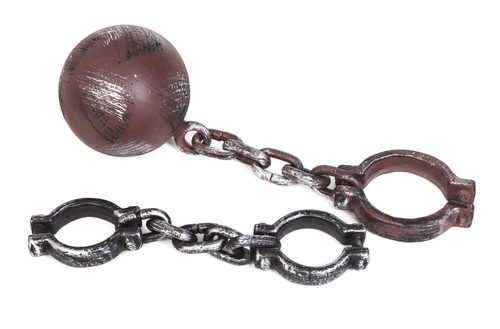
9. “Starvation seemed to stare them in the face.”
Orwell uses personification here as “starvation” is personified. This could mean that it is obvious as there is physically a lack of food in front of them or, could also link to the unfairness of food distribution - they are starving yet the pigs are getting fatter and fatter.
10. “For we know now, it is all written down in the secret documents that we have found that in reality he [Snowball] was trying to lure us to our doom”
Here we see an example of Snowball being used as a scapegoat. Snowball is blamed for all of the problems on the farm. In this quote, the verb “lure” presents Snowball as dangerous and malicious, a side that we never witness in the novella. Further, the use of the noun “doom” suggests that Snowball wants to destroy the animals and the farm. Using this type of language makes it easy for the animals to blame Snowball for everything rather than question their living and work conditions.
11. ‘The tale of confession and executions went on until there was a pile of corpses and…[the air] heavy with the smell of blood.’
This quote represents the public executions in Stalinist Russia. The purpose of these events was to make the people afraid so that they would not rebel. “Pile of corpses” creates a detached tone and the “heavy…blood” shows us the brutality of Napoleon’s leadership. Through this, we can understand why the animals are too scared to question their conditions.
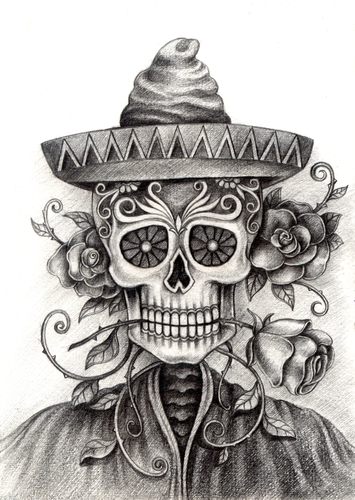
12. “Reading out the figures in a shrill, rapid voice, he proved to them in detail that they had more oats, more hay, more turnips than they had had in Jones’s day, that they worked shorter hours, that their drinking water was of better quality, that they lived longer, that a larger proportion of their young ones survived infancy, and that they had more straw in their stalls and suffered less from fleas.”
Here we see Squealer’s ability to convince the animals that conditions were better through this list. The use of commas creates a seemingly never-ending list, showing how much the animals’ lives have improved. The adjectives “shrill” and “rapid” to describe his speech shows the reader that Squealer has no intention of being interrupted during his speech. Again, Orwell chooses to highlight the danger and power of propaganda here.
13. In chapter 8, Squealer delivers some news to the animals: “his tail hanging limply behind him, and with every appearance of being seriously ill. He called the animals together and told them that he had a terrible piece of news to impart. Comrade Napoleon was dying!”
Here we see Orwell uses humour to describe Napoleon’s hangover. The physical description that “Comrade Napoleon was dying” creates a comical tone when we realise he is suffering the after effects of drinking alcohol. Orwell depicts the pigs’ greed and lack of control as they begin to resemble humans more and more.
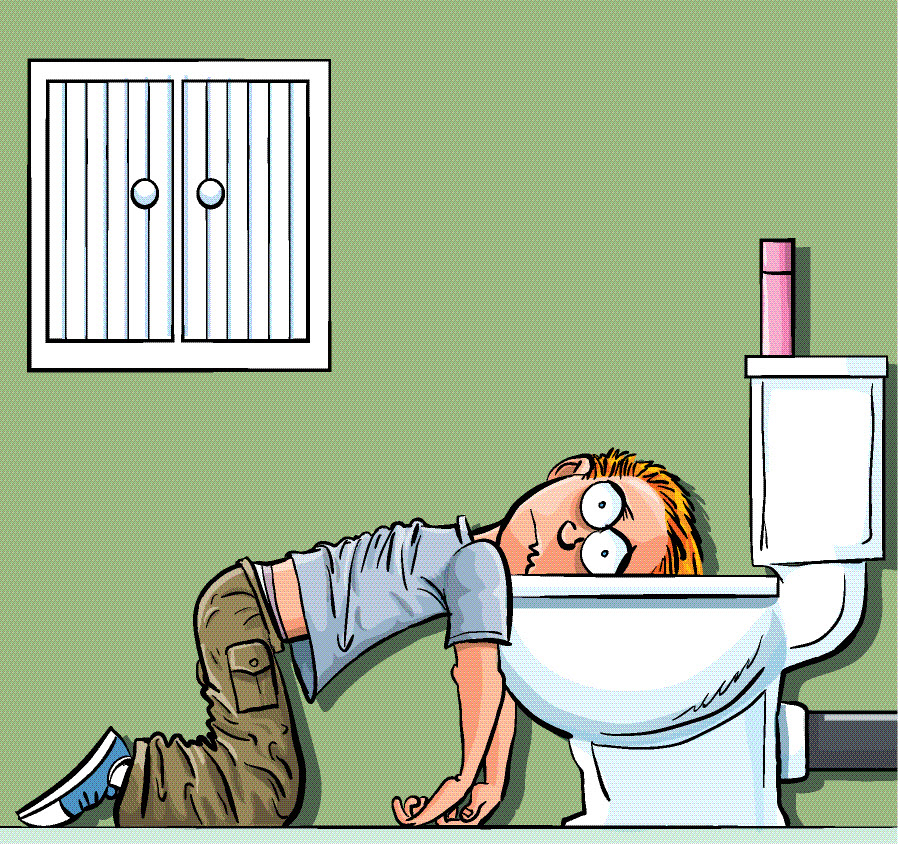
14. “ALL ANIMALS ARE EQUAL, BUT SOME ARE MORE EQUAL THAN OTHERS”
This is the final Commandment in the story. The original rule that “all animals are equal” was one of the founding rules of “Animalism”. However, the final rule adds “but some are more equal than others.” This is a contradiction and highlights how the animals have been mistreated and lied to.
15. “If you have your lower animals to contend with,” he said, “we have our lower classes!”
These words in the final chapter show the reader the complete breakdown of “Animalism”. Lenin wanted Russia to offer equality for all however, Stalin replaces this with a dictatorship. The meeting with the other farmers shows us that both the pigs and farmers are poor leaders. They are all more concerned with their own power than about equality. The story is like a cycle as at the start they are controlled by Mr Jones now, they are controlled by the pigs.
Now, let's put all this knowledge to the test!
You should always refer to your own text when working through these examples. These quotations are for reference only.

